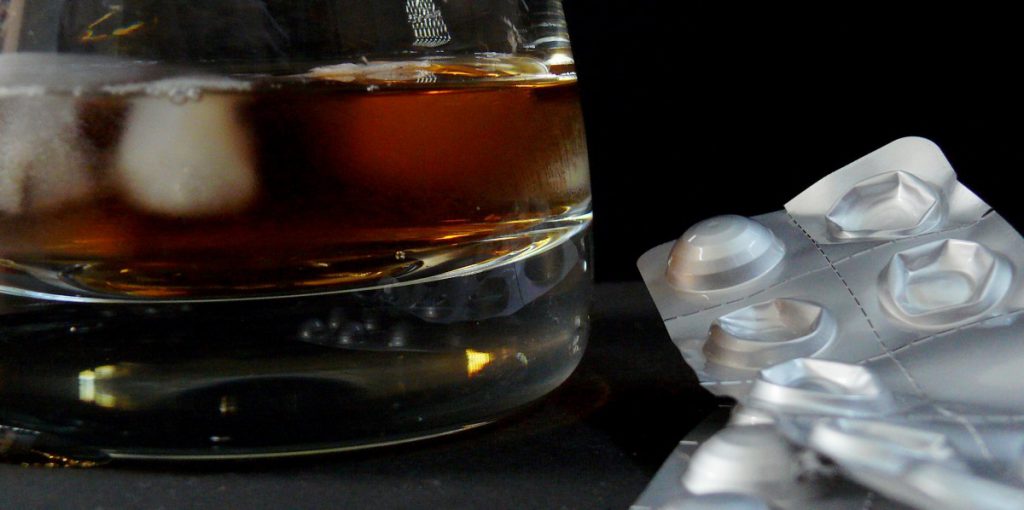Identifying and Treating Teen Substance Use
50% of high school students report drug use. But problems often start much earlier.
Identifying youth substance use early on is no easy feat for parents. But as statistics grow, it’s clear that awareness is ever more crucial.
“Studies show that 15% of eighth graders have tried alcohol or other illegal substances, and 50% of high school students have reported trying some kind of drug,” says Dr. Azhar Yunus, medical director of Rogers’ Adolescent Recovery Program—a residential treatment program in West Allis.
According to the Center on Addiction, nine out of 10 people who go on to develop substance problems started using before they turned 18. The average age of first use in the United States is fourth grade.
Since more and more kids are experimenting with alcohol and drugs at an early age, Dr. Yunus says recognizing the signs of substance use becomes essential. However, substance use may not be the only issue for your child.
The Links Within Dual Diagnosis
According to the National Alliance on Mental Illness (NAMI), about one-third of people with mental illness also struggle with substance use, thus having a “dual diagnosis”. That could mean that teens diagnosed with a mental health disorder such as depression, attention deficit hyperactivity disorder, anxiety, or trauma, may be even more susceptible to substance use disorder.
“There are a few reasons why teens may be more susceptible to use substances,” says Amy Kuechler, PsyD, attending psychologist for the adolescent dual diagnosis program at Rogers’ Brown Deer location. “The adolescent brain is not fully developed, so teens struggle to consider the consequences of their behaviors and instead respond to immediate gratification – like the immediate high substances provide. Teens also test ways to separate themselves from their families and place more importance on their peer relationships and ‘fitting in.’”
What perhaps goes unnoticed by parents is how accessible many substances are for teens to use to get high. “Many parents are unaware that products in their home are commonly abused by teens, such as over-the-counter cough medicine or various aerosol cans,” explains Dr. Kuechler. These substances are easy to find, legal to use, and many can be purchased online.
Early treatment and intervention are key to prevent children from carrying unhealthy habits into adulthood. If you believe your child is using substances, some common warning signs include:
- Changes in personality or behavior such as more irritability, including aggressive or violent outbursts
- A decrease in grades at school
- A change in friends or withdrawing from friends and family
- Less interest in activities and lower motivation overall
- Physical symptoms such as bloodshot or dilated eyes, weight loss, poor hygiene, unexplained nosebleeds or shakiness
- Finding drugs or paraphernalia in a child’s room
- A family history of substance use
Finding Treatment
According to Dr. Kuechler, both disorders in a dual diagnosis should be treated simultaneously because they are often related. “If only one disorder is treated, there’s a good chance of symptoms of the untreated disorder will increase,” she says. “For example, someone who is struggling with depression may manage their depressive symptoms through drinking. If the person’s treatment only focuses on stopping their excessive drinking, there’s a possibility they may learn to deal with their depression through another unhealthy strategy, while never truly addressing the underlying issue.”
Rogers’ treatment is based in cognitive behavioral therapy (CBT) and motivational interviewing (MI), which are evidence-based techniques. “We start by using MI as a therapeutic strategy that encourages teens to develop a desire to make changes in their lives and become active in their treatment,” Dr. Kuechler says. “Then we focus on using CBT to help teens understand that their thoughts, feelings, and behaviors are all related. By changing just one of those things, the whole dynamic of how they live their lives can be changed.”
To learn how Rogers can help teens struggling with addiction, call 800-767-4411 or visit rogersbh.org.






















